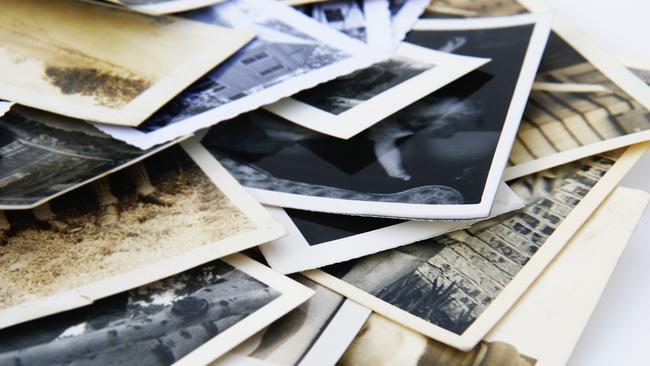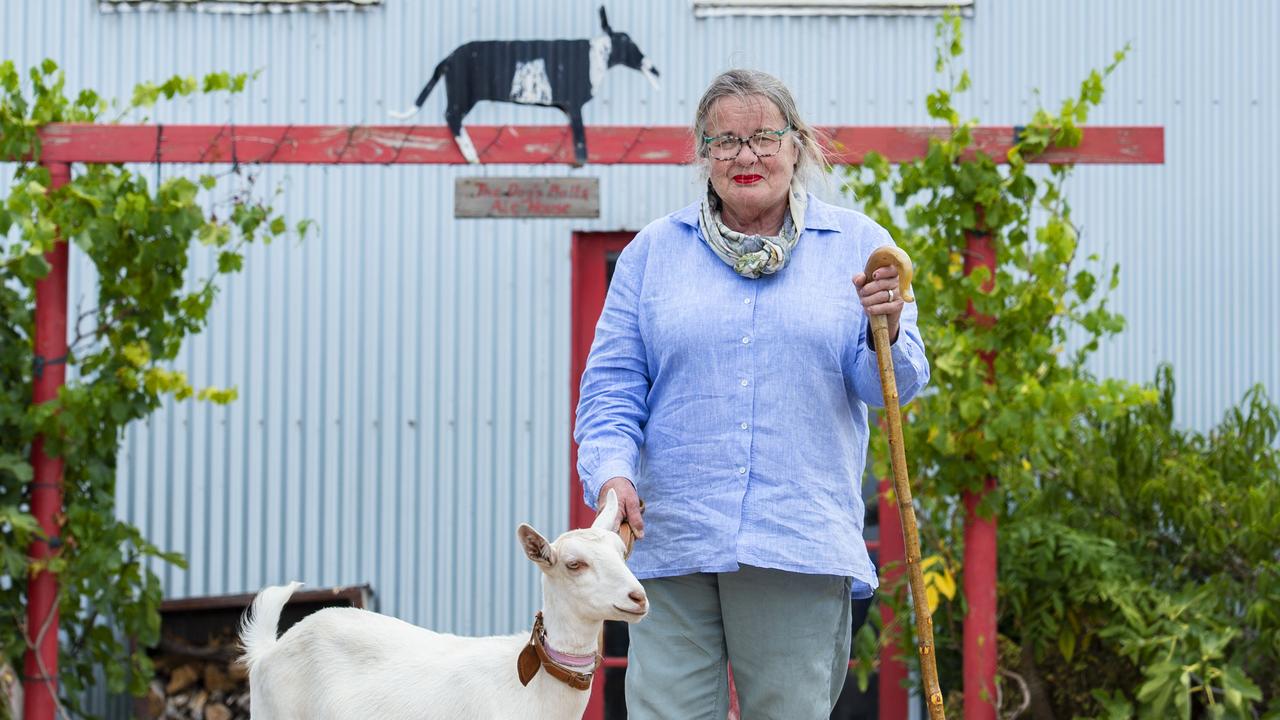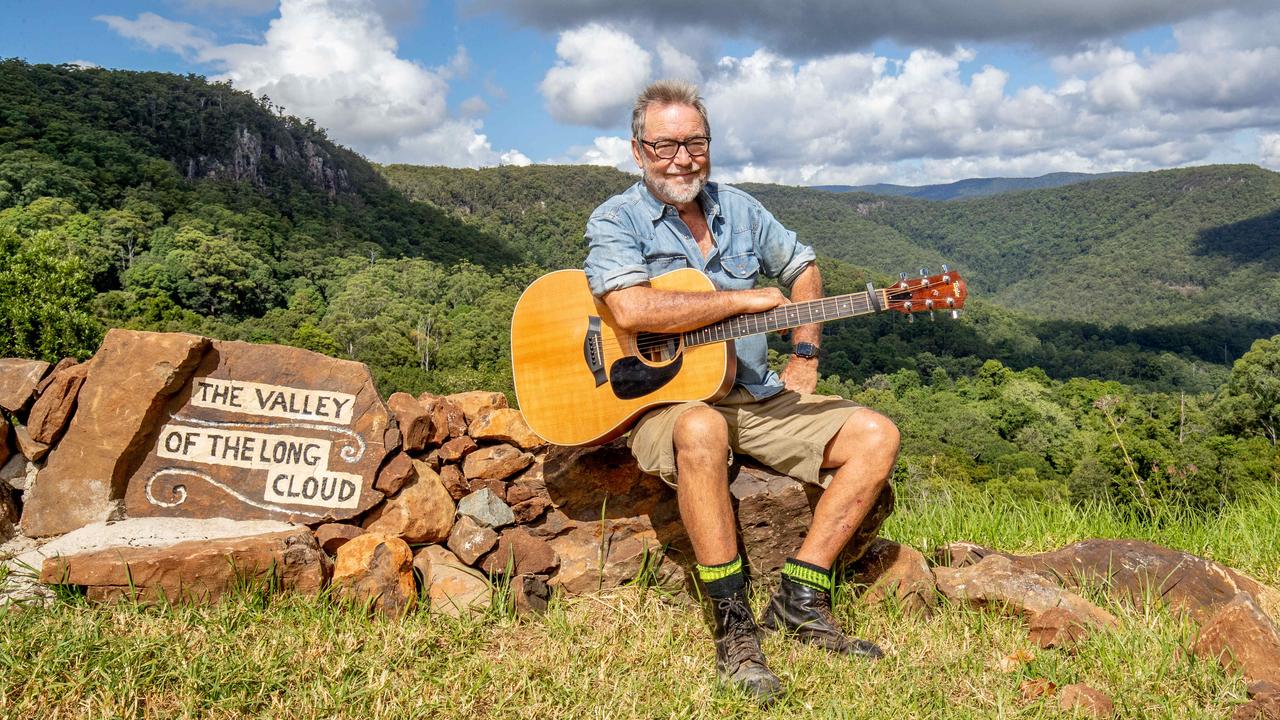Bendigo genealogist Joy Roy traces history building family trees
Bendigo’s Joy Roy knows all the tricks about how to trace your family’s history — you have to when you had the most common surname in the country.
THERE are certain surnames that are not exactly helpful to have when it comes to researching family history.
Smith is one of them.
White Pages confirmed in 2018 that Smith was the most common surname in every state (followed by Jones, Williams or Brown).
But that hurdle was never going to phase Kangaroo Flat’s Joy Roy — nee Smith.
“I always had a fascination about how people belonged — we’d go and see aunties and I’d say ‘How are they related?’ and it drove my mother and father crazy,” says Joy.
“I’d say, one day I’m going to document it all.
“My maiden name is Smith — the most frequent surname in Scotland today, and always has been.
“There are some of us who will search frequent surnames, but usually the Smiths, Browns, Jones, Evans, Whites — all those common names — they say ‘I’m never going to do my family history, it’s too hard’.”
As our world gets increasingly locked down to control the spread of coronavirus, and people are encouraged to limit movement and stay at home as much as possible, could building the family tree be a good way to pass the time?
Some of the members of the Bendigo Regional Genealogical Society, which Joy is part of, certainly think so.
That society, like so many others, has just had to hit pause on its regular gatherings due to the coronavirus threat.
So, Joy says, some of them have decided they were going to use the hiatus to spend time working on their own family histories, rather than other people’s.
While current closures or restrictions on access to places such as libraries may make some archives inaccessible for now, Joy says there are plenty of other resources.

And she always tells people to start at the beginning, with their own with birth certificate.
“When you’re getting started you usually need a bit of help and direction. And there are things online ... but the likes of libraries and genealogical societies and things are all having to shut down at this present point in time,” she says, adding that some online resources incur a hefty fee.
“There are a lot (of online sources), but it’s knowing what to look for and where to look for it.
“Newspapers to me are an invaluable source, and it doesn’t matter whether they’re here in Australia or overseas ones.
“(Online database) Trove, which is part of the National Library of Australia, is an absolutely wonderful source for family history.
“Just go into advanced search and in the search field type in a name — you will be amazed what turns up.”
Genealogy started out as a job on the side for Joy, but grew from there.
She is a fellow of the Genealogical Society of Victoria, and through her former business, Genealogy Jigsaw, would help individuals and families trace their history.
Some people would only want parts of their family trees mapped, others wanted more extensive work, others would get theirs done bit by bit.
Joy says genealogy gives her “the thrill of the chase”, and tracing family trees is like doing a jigsaw: turning over a bunch of pieces of a similar colour until you find the right one.
“As to the reason why people come usually I would have to say is curiosity.
“Sometimes they think something they’ve been told about their life or parents doesn’t ring true so they decide they’ll do family history and see what’s what.
“For me, it was just the curiosity or the need to put all these people into their right little boxes with a line that joined them all up.
“Once I answered one question, I always had another, and I still do.
“I worked as a professional genealogist for about 25 years where I got a lot of pleasure out of doing other people’s histories.”
Joy herself has traced parts of her family tree as far back as 1681.
The main line of Smiths she has researched are Scots that came from the border areas with England.
One of her notable relations was Alexander Kennedy Smith (1824-81), who was born in Scotland, was involved in the development of Victoria’s gas and water works, became Melbourne’s mayor and then a member of the Legislative Assembly.
“Family history is a bit addictive,” Joy warns.
“When I started out in the 1970s, I just wanted to know the name of the ships (her relatives) came out on. Some must’ve been good swimmers because I can’t find how they got here.
“Then I wanted to find out what they’d left behind — and it just snowballs.
“I don’t just want to know when they’re born, died or married — that’s a bit boring.
“I want to know what they did in their lives. I look at it as a social history as well.”
Joy now only provides Genealogy Jigsaw’s service to returning customers, but as well as working with the Bendigo society, she still give lectures and run workshops (she was due to present at the Women on Farms Gathering this weekend, but it has also been postponed until September).
But, if you do go down the rabbit hole of family history during this isolation period, it might pay to keep this in mind: Joy warns you are almost guaranteed to turn up something unexpected.
“Everybody has skeletons and black sheep — some might have one black sheep and some have a whole paddock full.”
MORE COUNTRY LIVING
HOW DID VICTORIA REACT TO 1919 INFLUENZA?


